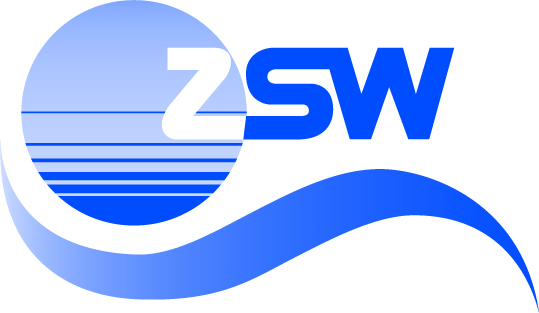In cooperation with the Hahn-Schickard-Gesellschaft für angewandte Forschung e.V. (HS) in Stuttgart, the Centre for Solar Energy and Hydrogen Research Baden-Württemberg (ZSW) has developed a concept to further improve the operation of alkaline electrolysers with the help of stack-integrated sensor technology and a diagnostic tool.
The sensors can be used to measure individual voltages and temperatures at individual cell level. On the one hand, the sensorised stack makes it possible to monitor the operation of the individual cells in order to detect critical operating states at an early stage and make targeted adjustments to system operation or trigger maintenance measures. On the other hand, the measurement data from the individual electrolysis cells is used to validate and further optimise the stack and cell channel dimensioning. In this way, the operation of the electrolysis stacks can be made more efficient, more cost-effective and safer. To this end, the ZSW has developed a so-called measuring cell frame, which makes it possible to integrate the required sensors in an electrolysis stack up to a maximum operating pressure of 16 bar. The concept was successfully validated using a stack prototype with 10 cells and an active cell area of approx. 3000 cm².
Based on the project results, it is planned to further scale up the concept in collaboration with industry and transfer it to commercial use.
![[Translate to English:] Logos der Fördermittelgeber [Translate to English:] Zweierband der Logos von EU und BW](/fileadmin/_processed_/c/3/csm_2024_Zweierband_EU_BW_de_030e3bb14e.jpg)
The 2-year project was funded as part of the EFRE Baden-Württemberg 2021-2027 programme (prototype funding for innovative technologies) and started on 1 January 2023.
Contact
ZSW
Bernd Stürmer
bernd.stuermer(at)zsw-bw.de
Hahn-Schickard
Florian Janek
florian.janek(at)hahn.schickard.de

